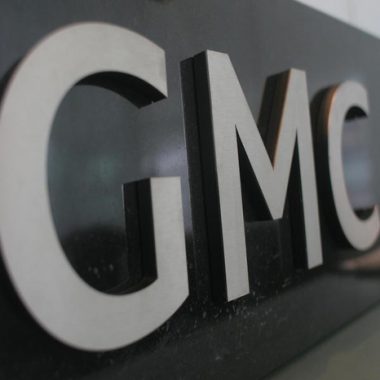GMC outlines core principles of new doctor support service

The GMC and healthcare leaders have outlined a number of core principles needed to develop a national support service for doctors, following last year’s review into doctors who have died while under investigation by the regulator.
The principles, which were agreed at a meeting hosted by the GMC last week, are aimed at a range of organisations for their consideration to potentially fund a doctor support service. Many of the organisations were represented at the meeting – including NHS England and the Department of Health.
Other attendees at the meeting included the BMA, the royal colleges, the Practitioner Health Programme, and the medical defence unions .
Some of the core points needed to set up a doctor support service include ensuring that support services are separate from the GMC and are confidential so that doctors have confidence to self-refer.
The move to establish the foundations of the doctor support service comes months after a damning independent review found that 28 doctors had died by suicide while under investigation by the GMC.
The review subsequently outlined recommendations for the GMC to implement – all of which the regulator accepted – including to establish a national support service for doctors and introducing emotional resilience training.
But GMC chair Professor Terence Stephenson previously told Pulse that any new support service for doctors would not be provided by the GMC – however, he added that he supported calls for a model similar to the Practitioner Health Programme in London being rolled out nationwide.
The principles agreed for the support service, include:
- Services should be separate from the GMC and seen to be separate.
- Must be liaison with the GMC where there is a risk to patient safety.
- Clear rules around information disclosure and the relationship with the GMC so that doctors are not discouraged from accessing help.
- Systems in place within organisations to encourage early awareness and early intervention.
- Services must be accessible and confidential if doctors are to have the confidence to self-refer and disclose.
- Recognition that there are particular stresses affecting doctors and barriers to their accessing local services.
- The business case for developing services needs to be made strongly to potential funders, using evidence from existing services.
GMC chief executive, Niall Dickson, said that ‘a clear case had been made for better support for vulnerable doctors, but warned that the challenge facing the system is that services are not available.’
He added: ‘The case for better support for vulnerable doctors has been clearly demonstrated by the amazing work that is already under way. The challenge facing the system as a whole is that such services are not found everywhere.
‘We will certainly work with experts in this area to encourage the development of better support as well as seeking their help as we reform the way we deal with this group of doctors within our procedures.’
Last week, Pulse revealed that the GMC is proposing to introduce emotional resilience traininig as an integral part of medical training.









